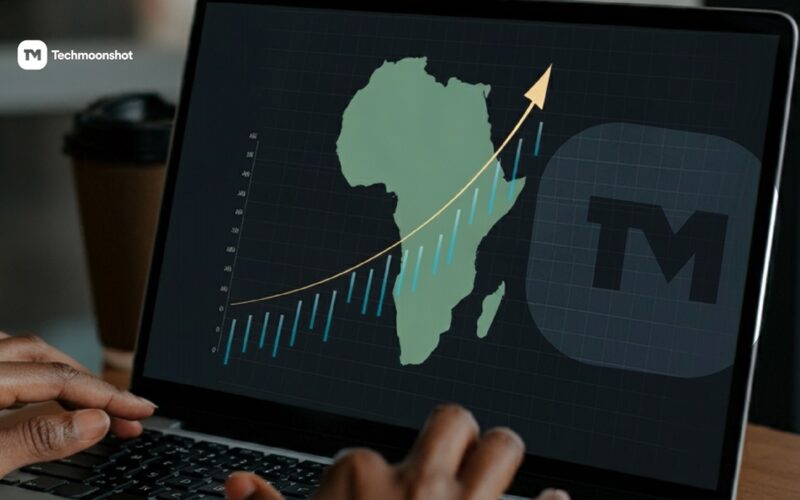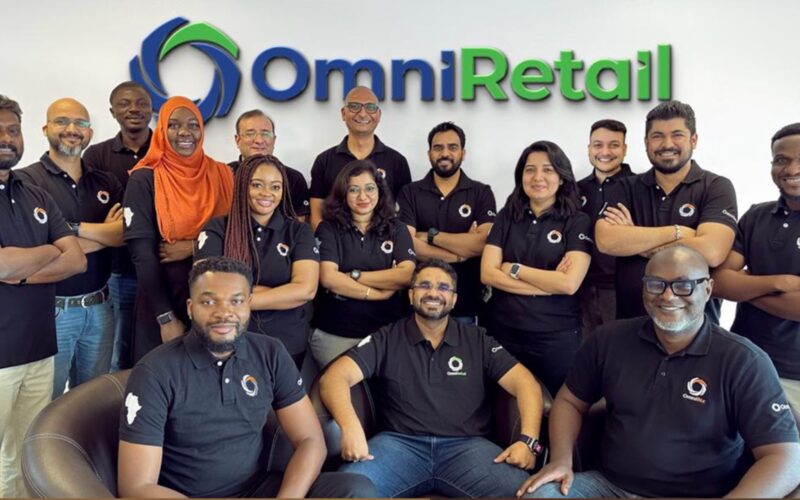In 2024, the African startup ecosystem witnessed a wave of investments, signaling a potential end to the funding drought that many anticipated at the beginning of the year. Leading the charge is KFW, with 23 deals, followed by Techstars (18 deals) and Digital Africa (17 deals). These investments highlight a diverse range of sectors, from fintech to clean energy. Major accelerators like Y Combinator and Launch Africa continue to show interest, while corporate entities like Mastercard and hubs such as iHub are making substantial contributions.
This resurgence in investment has been marked by a diverse blend of players, from traditional development finance institutions to venture capital funds and accelerators. These organizations are betting on Africa’s growth potential, recognizing the continent’s ability to not only solve local challenges but also produce globally competitive innovations.
Key Players Leading Investment
- KFW, with its 23 deals, tops the list, reaffirming its long-standing commitment to African development. Its investments span several industries, focusing on scalable, impactful ventures.
- Techstars and Digital Africa followed closely behind, with 18 and 17 deals, respectively. Techstars, a global accelerator, has been consistently backing African startups, providing not just capital but mentorship and networking opportunities.
- Launch Africa and Baobab Network made 14 deals each, underscoring their emphasis on early-stage startups with a focus on tech-driven growth. Their strategic investments are pushing African tech companies into a more competitive global market.
Corporate Backers and Hubs Stepping Up
Corporate giants like Mastercard, with 12 deals, and innovation hubs like Co-Creation Hub and iHub (12 deals each), play crucial roles in bridging the gap between investment and resources for startups. Their dual focus on capital and mentorship ensures that African startups are not just funded but also nurtured for growth.
Emerging Focus Areas
The 2024 investment data suggests a keen interest in education, energy, and mobile technology. EdVentures (10 deals) highlights a growing commitment to education technology, while Renew Capital and Efficiency for Access focus on renewable energy and sustainability. GSMA’s 8 deals reflect the critical role mobile technology continues to play in driving African innovation, especially in financial inclusion and connectivity.
Global Interest in African Startups
The presence of Y Combinator, with 8 deals, confirms that African startups are firmly on the radar of Silicon Valley. Their involvement signals continued confidence in the talent and scalability of African enterprises. Meanwhile, smaller but impactful investors like Axian, Lendahand, and GIZ (6 deals each) are placing calculated bets on the continent’s emerging markets.
| Investor | Number of Deals |
|---|---|
| KFW | 23 |
| Techstars | 18 |
| Digital Africa | 17 |
| Launch Africa | 14 |
| Baobab Network | 14 |
| Mastercard | 12 |
| Co-Creation Hub | 12 |
| iHub | 12 |
| EdVentures | 10 |
| Renew Capital | 9 |
| Y Combinator | 8 |
| 54Collective | 8 |
| Catalyst Fund | 8 |
| GSMA | 8 |
| Efficiency for Access | 7 |
| Axian | 6 |
| Lendahand | 6 |
| DFC | 6 |
| GIZ | 6 |
| 500 | 5 |
Conclusion
The question of whether Africa’s funding drought is truly over can be answered with cautious optimism. The 2024 deal flow, up to September, points to a resurgence in interest from a wide array of investors—both global and local. While challenges remain, the influx of capital and the strategic partnerships forming between investors and startups indicate that Africa’s entrepreneurial ecosystem is on a strong upward trajectory.
This newfound momentum suggests that, far from being a temporary burst, these investments may be laying the foundation for sustained growth. If the trends continue, African startups could be set for a breakout moment on the global stage.












